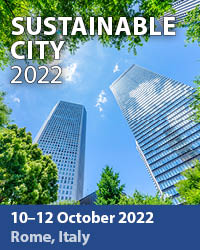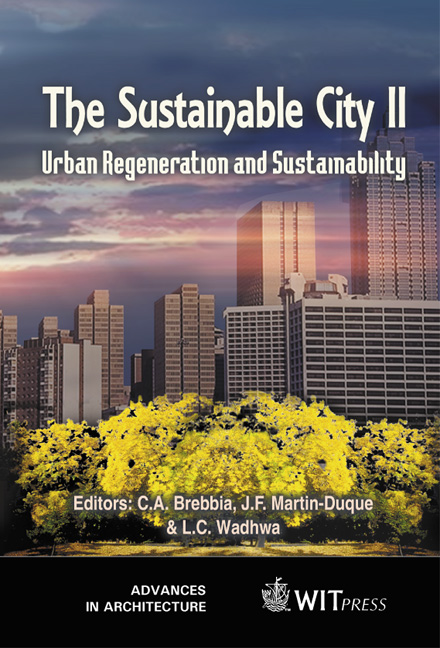New Housing Schemes: Urbanisation That Incorporates Nature
Price
Free (open access)
Transaction
Volume
54
Pages
Published
2002
Size
966 kb
Paper DOI
10.2495/URS020251
Copyright
WIT Press
Author(s)
W Timmermans, L van den Berg & J Luttik
Abstract
Government policy in the Netherlands is the strict separation of town and country. This is partly due to the fact that urbanisation is proceeding at the expense of conserving natural features. But is the influence of the city on the countryside necessarily negative for the quality of nature? The results of longstanding research into the relationship between town and country have been assembled in a series of ten essays, which have shown that the countryside has gradually changed, and is still changing, from a production landscape to a consumer landscape. Farmers are broadening their horizons and becoming much more successful in satisfying the demands of city dwellers for peace and quiet, and for nature. New 'green' housing developments can be combined with investing in the quality of nature and the landscape. Moreover, urban areas are becoming much cleaner, thus allowing nature to flourish even within the city itself. In the 'green' delta metropolis of the Netherlands urbanisation along waterways and the main infrastructure is markedly fragmented. New coalitions are gradually being formed which are capable of reconciling apparently conflicting developments such as urbanisation and the need for peace and natural surroundings. Rethinking is essential: more unconventional research on the problem and into the possible solutions must be done. Introduction Since publication of the Fifth Bill on Rural Development (Ministerie van VROM, 2001 [15]) the policy of the Dutch government has been to strictly separate town and country. The government has elected to pursue a policy of creating specific boundaries between town and country with, in addition, extra protection for important areas of outstanding beauty. An important argument for
Keywords





